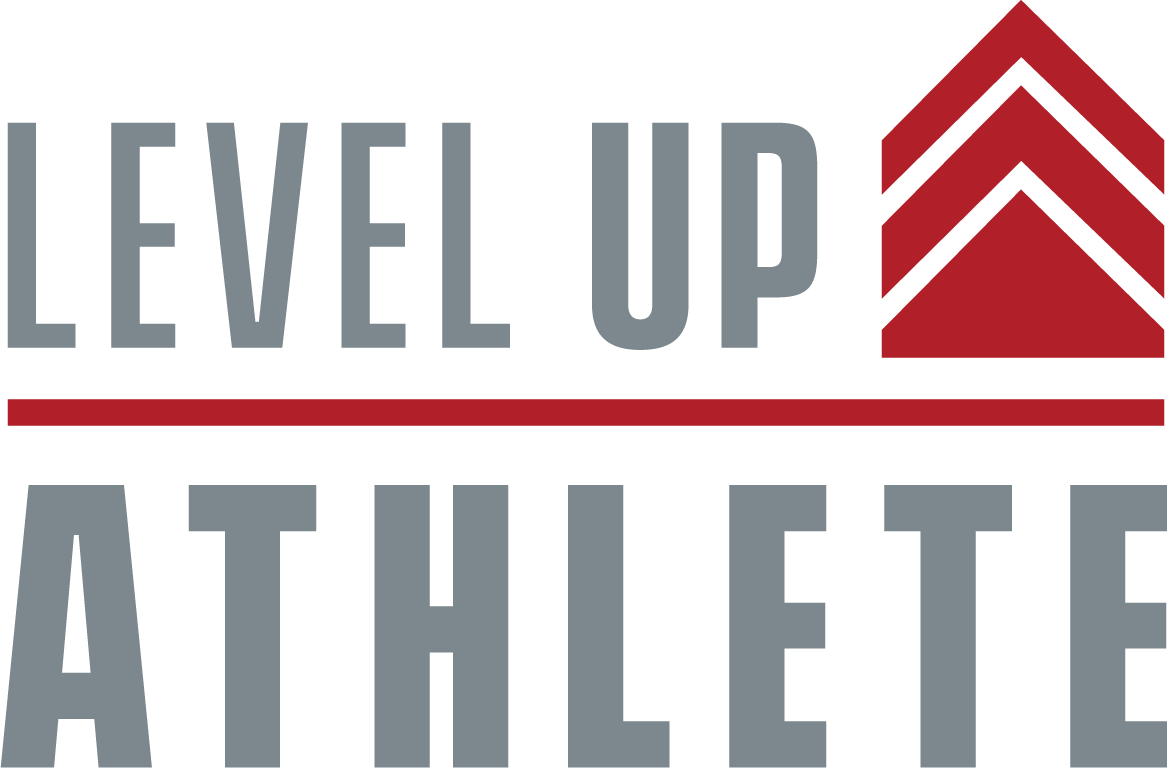Coaching Challenges: Is there a Knowledge, Skill, or Will Gap?: 3 questions to ask when your team is not performing at their best
Coaches often come to our Level Up Athlete team with questions. They wonder why players aren’t communicating effectively on the field; why a team is executing well in practice but not in games; why an athlete isn’t adjusting their technique after 1:1 coaching. To figure out what might be going on below the surface, our team uses an inquiry approach. Typically human behavior is driven by a combination of many factors, and accordingly we work with coaches to take a multifaceted approach to understand and address challenges they are facing.
To avoid on-field errors and build team cohesion in challenges like this, communication is essential. But the work goes beyond simply telling the players what to do and assuming they’ll get it right every time. When coaches face inevitable challenges during a season, here are three questions we ask to get to the root of the problem and move in the right direction:
Read More



